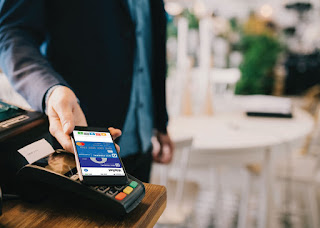“The United States should not implement a [central bank digital currency] simply because we can or because others are doing so,” the American Bankers Association said in a statement to lawmakers this week. The benefits “are theoretical, difficult to measure, and may be elusive,” while the negative consequences “could be severe,” the group wrote.
A person or a business could keep their digital dollars in a virtual “wallet” and then transfer them directly to someone else without needing to use a bank account. Even if the wallet were operated by a bank, the firm wouldn’t be able to lend out the cash. But unlike other crypto assets like Bitcoin or Ether, it would be directly backed and controlled by the central bank, allowing the monetary authorities to use it, like any other form of the dollar, in its policies to guide interest rates.
The Federal Reserve Bank of Boston and the Massachusetts
Institute of Technology’s Digital Currency Initiative are aiming next month to publish the first stage of their work to determine whether a Fed virtual currency would work on a practical level — an open-source license for the most basic piece of infrastructure around creating and moving digital dollars.Other senators highlighted the potential for central bank digital wallets to be used to deliver government aid more directly to people who don’t have bank accounts.
For their part, banks fear a Fed-issued digital currency could make it
easier for customers to pull out large amounts of deposits and convert
them to digital dollars during a crisis — the virtual equivalent of a
bank run — putting financial stress on their institutions and making
less money available to provide credit for people, businesses and
markets." Politico



